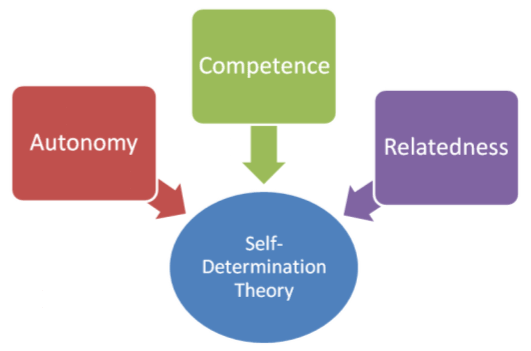Domain Specific Self Esteem Examples

As it relates to aggression the pathways to global self esteem differed from domain specific self esteem.
Domain specific self esteem examples. The way you treat yourself sets the standard for others dr sonya friedman. Proportion of variance in self esteem accounted for by different domain specific self concepts. Global self esteem and specific self esteem 143 the fallacy of equating global and specific self esteem in more than a few self esteem studies the failure to distinguish the parts from the whole has led to a number of misunderstand ings. Using a cohort sequential design we analyzed longitudinal data on 3 116 norwegian men and women from 13 to 31 years of age by means of growth curve modeling.
Self esteem is more fruitfully viewed as a general global construct i e global self esteem or as a more specific belief about one s competencies or abilities in some domain. Relates to one s self esteem in regard of a particular area such as sport. The results of this study were to inform teachers parents and school counselors to become aware of the relationships between specific self concepts and global self esteem in adolescents. These are some ten positive self esteem examples.
The other three measures assess global and domain specific self evaluations but in some research contexts only the global self esteem subscales are used. This study examines the development of global self esteem and self esteem in 6 specific domains across adolescence and young adulthood. This study examines the development of global self esteem and self esteem in 6 specific domains across adolescence and young adulthood. In work with adults the rse is by far the most widely used measure of self esteem and it has received more psychometric analysis and empirical validation than any other self esteem measure.
A well known example is the large body of research on the relationship between race and self esteem. Rosenberg self esteem scale rse. That kind of life is most happy which affords us most opportunities of gaining our own esteem. The therapist can explain that self esteem is a belief rather than a fact and that beliefs are based on our experiences.
Refers to the overall aggregated opinion of oneself at any one time on a scale between negative and positive harter 1993 p 88 as cited in kling et al 1999. This can help the client understand that he could be exactly the same person as he is right now and have high self esteem instead of low if he had different experiences that cultivated a sense of high self esteem instead of low self esteem. Implications for the comparative use of multidimensional and global self esteem were discussed and recommendations for future research have. Questionnaire data provided information on global self esteem and self esteem in social academic.

















